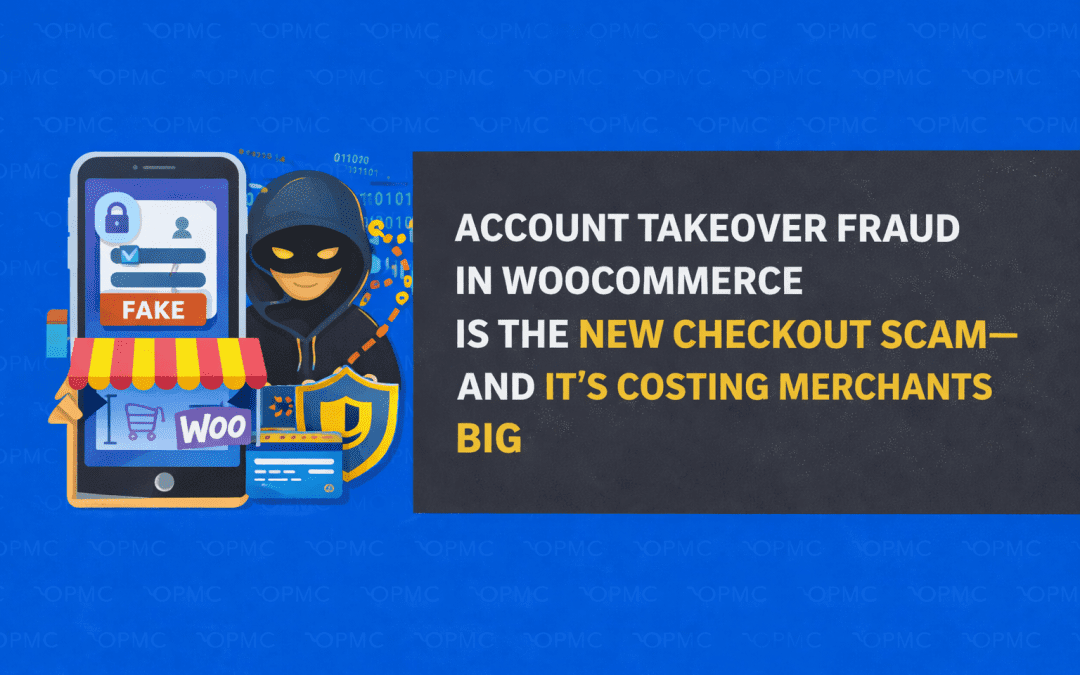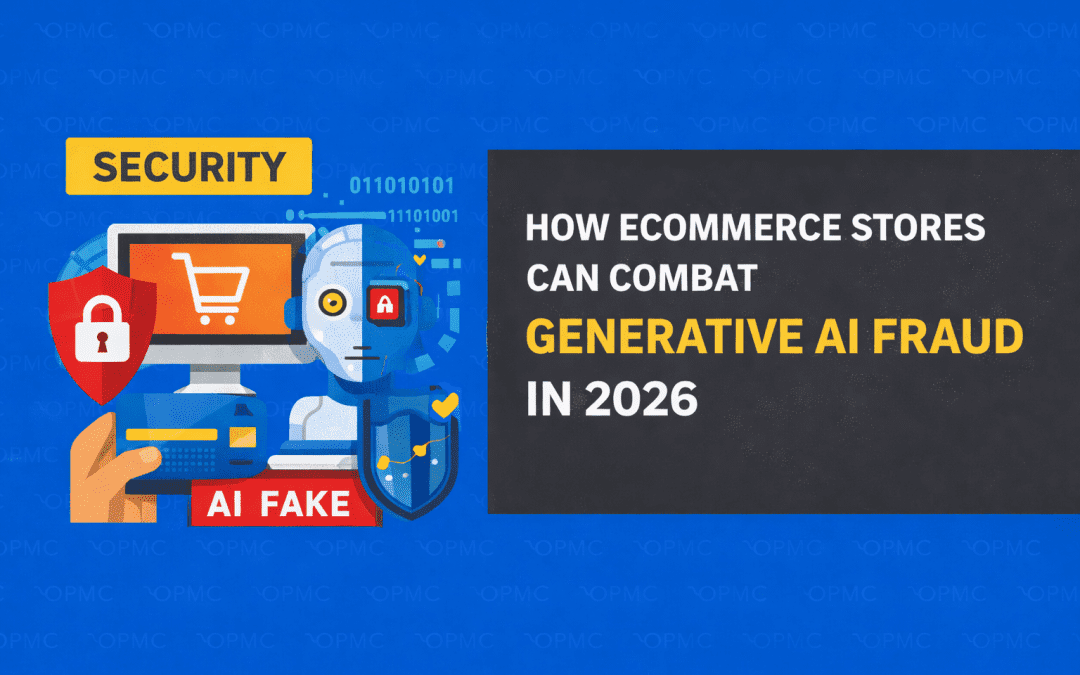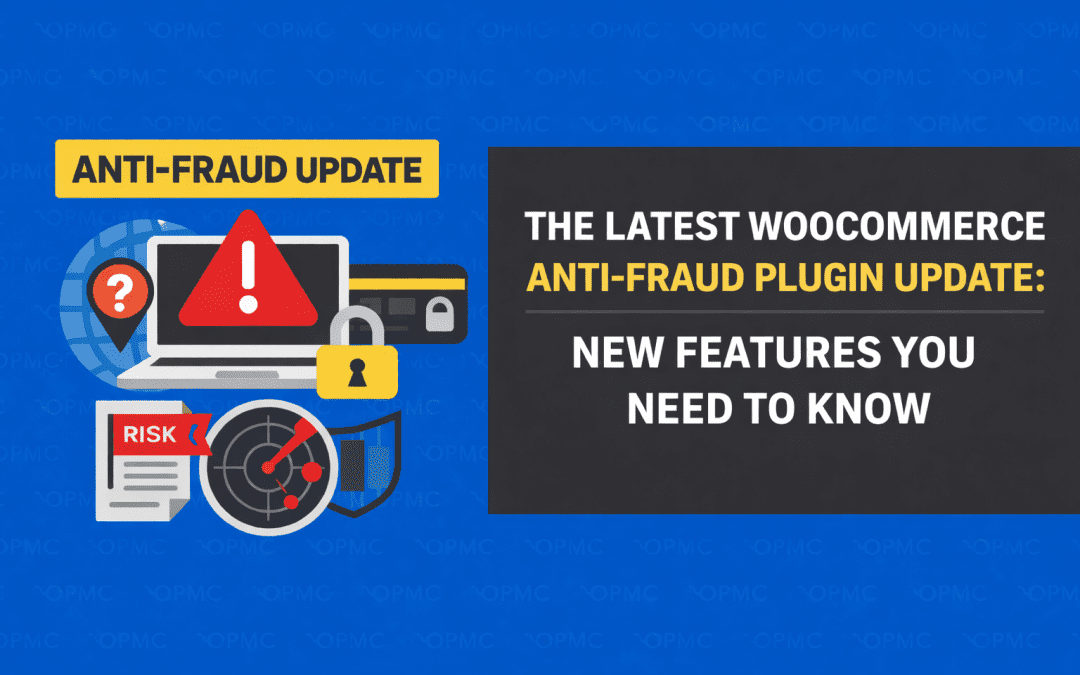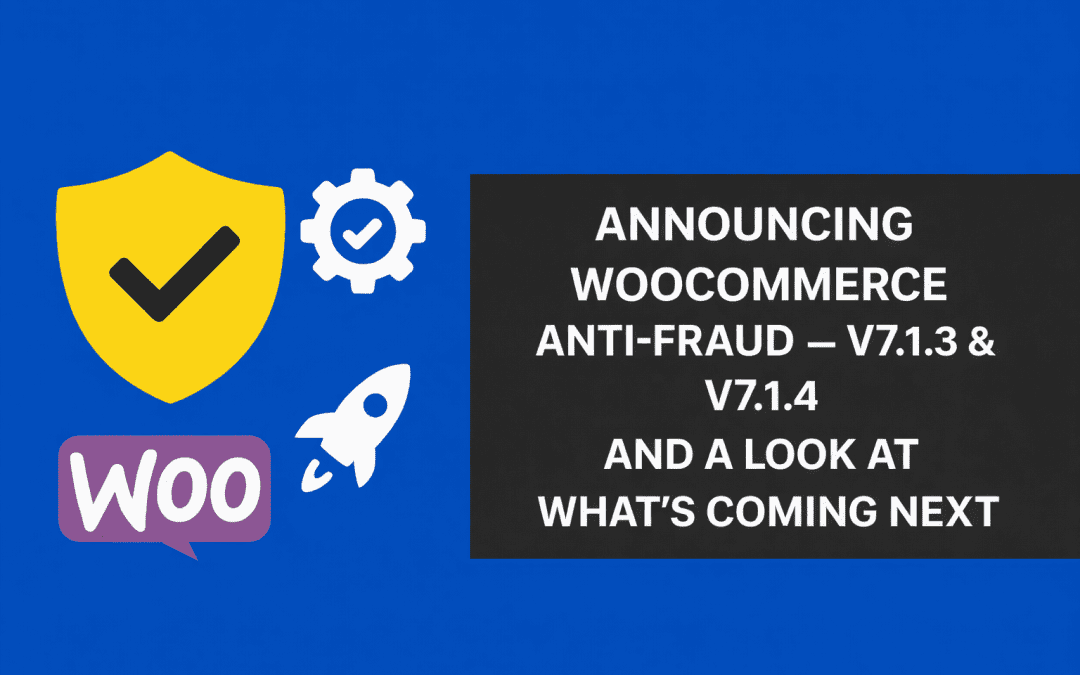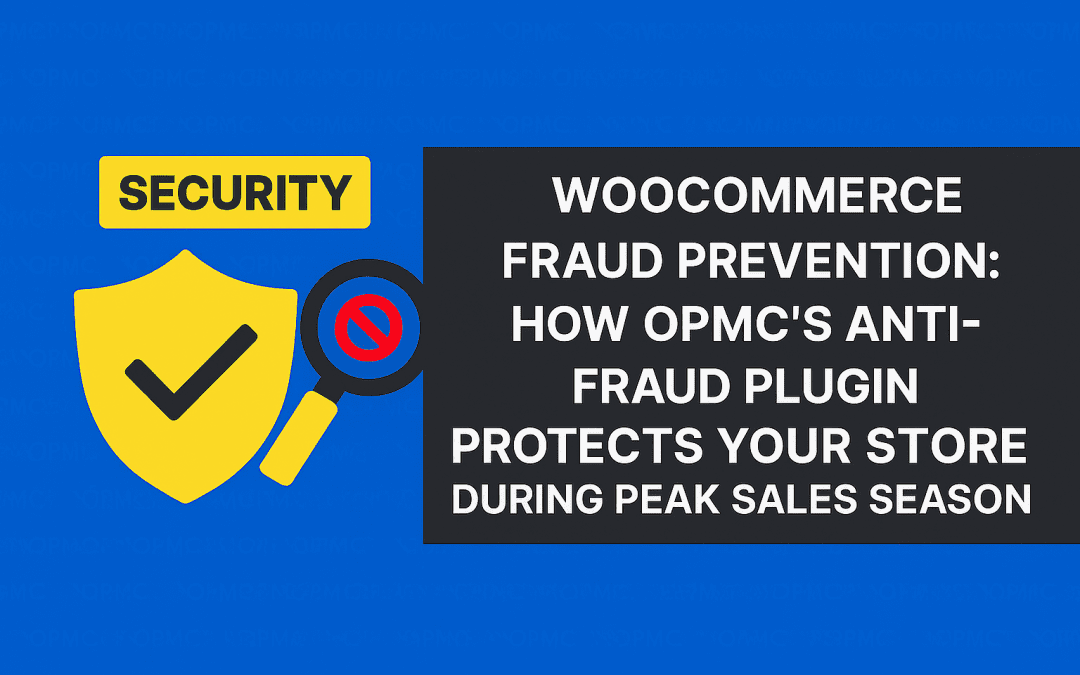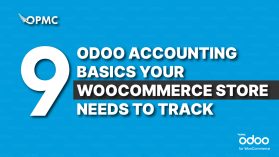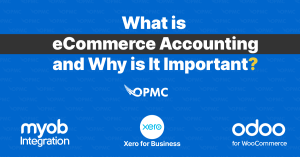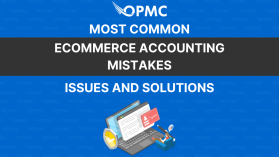Today’s marketplace is insane. An estimated 218.8 million US consumers shopped online in 2023, and that isn’t including the European, Asian, or island markets. Most of these shoppers love picking up their mobile phones, picking out tomorrow’s outfit, and happily making a purchase that arrives conveniently at their doorstep.
That is the beautiful nature of ecommerce—everything you could want at the power of your fingertips. The problem is managing all that cash flow, so you have the tax accounting, inventory management, and financial statements prepared to make the best decisions. That is the goal of this article: to lay a decent foundation for ecommerce accounting so you know where to start.
What is Ecommerce Accounting?
Ecommerce accounting isn’t merely about crunching numbers. It’s the systematic approach for tracking, analysing, and managing the financial health of your online store. From WooCommerce to custom plugins, today’s technological advancements mean more solutions and complexities than ever.
You never know when a surge in social media attention will lead to massive sales gains that require customized tax considerations. Having an automated bookkeeping system in place to manage all the details will save you a ton of stress and eventual headaches down the road.
What Must You Keep Track Of?
Cash Flow:
Simply put, cash flow is the lifeblood of any ecommerce business. It refers to the money coming in and going out. A positive flow indicates profitability, while a negative one suggests potential financial troubles.
Gross Profit:
This is your revenue minus the cost of goods sold (COGS). It provides insights into how efficiently you’re operating and producing goods. The Net Profit is all your income minus all your expenses, but the gross will give a solid idea of operating revenue or soliciting future investment.
Gross Margins:
Often confused with gross profit, gross margins show the percentage of total sales revenue that exceeds the COGS. Higher margins? That’s a healthy sign! You want to demonstrate that you are operating “in the green” or at least “in the black.” These are the differences between profiting and breaking even.
Balance Sheets:
A snapshot of your business’s assets, liabilities, and equity. Think of your balance sheet as a report card for how you’re managing your online store’s finances. Traditional businesses list properties, vehicles, and machinery as their assets. In your case, inventory, unique shipping methods, or your website are going to be your assets.
Balance sheets also list your liabilities, like a loan or if you are paying off a new computer to run your small business. The idea is to show where your money is going and coming from in the long term.
Profit & Loss:
Also known as the income statement, it details your ecommerce business’s revenues, costs, and expenses over a specific period. If you make a killing in September but a loss in October, this is where you find out why.
Taxes:
The necessary evil. Ensuring you’re on top of what you owe is essential for legal compliance and for avoiding unexpected financial setbacks. Ecommerce websites must accommodate local, regional, and national taxes based on themselves (where you are established or incorporated) as well as where your customers are shopping from.
Accrual Vs. Cash Basis Accounting
When it comes to ecommerce business owners, especially small business owners, the debate between accrual and cash basis accounting is endless. If you hire a bookkeeper or accounting agency to do the work for you, this will be their first question. The same applies to automation software (our choice) like Odoo or MYOB. You will be prompted to choose cash or accrual accounting. These are:
- Accrual Accounting: Recognizes revenue when earned and expenses when incurred, regardless of when cash is exchanged.
- Cash Basis Accounting: Recognizes revenue and expenses only when cash is received or paid.
Each has its merits, but the consensus among best practices leans towards accrual accounting for accurately representing business transactions. However, most US-based ecommerce stores prefer cash accounting because of the emphasis on managing the flow. It will be up to you to choose which works best for your needs.
What is the Goal?
Growth accounting is the compass in the realm of a bustling B2C ecommerce marketplace estimated to generate $3.5 trillion in sales by 2024. It’s the roadmap that guides ecommerce business owners on how to sustainably scale their operations without haemorrhaging cash.
Your goal should be to have the best possible information for decision-making. Knowing the ins and outs of your money management is a critical part of this information. Without understanding where your cash is flowing, how can you expect to purchase a new product prototype or invest in a plugin that will automate your website?
On top of that, you want to grow. Ecommerce is a highly lucrative business because it operates 24/7 while you relax, vacation, sleep, or catch up on Stranger Things on Netflix. Competition is high, and you want to know where your money is moving so you can schedule ads, create new products, and streamline your customer experience.
Tips for Solid Ecommerce Accounting
- Make Bookkeeping a Priority: Document every sale, purchase, and expense. Remember, a tidy accounting system makes for less headache during audit season.
- Engage Automation Tools: Automation is your best friend. Tools can effortlessly handle repetitive tasks, allowing you to focus on business growth. You want to automate mundane, repetitive tasks so your team has more time to improve the customer experience.
- Find Quality Software: Not all platforms are created equal. Opt for those tailored for ecommerce, like plugins for WooCommerce, which understand the intricacies of digital commerce. We offer plugins for MYOB Integration as well as Odoo for WooCommerce that will drastically simplify your small business efforts.
- Reconcile Your Accounts: Regularly comparing your account records with bank statements is essential. It’s a surefire way to catch discrepancies early on. Shoot for monthly reconciliation or use one of the plugins we mentioned to automate this process.
- Monitor Cash Flow: Always keep an eye on your cash reservoirs. It helps in identifying patterns and making informed financial decisions.
Don’t Let Taxes Get Out of Hand: Set aside funds and stay updated on tax laws. When in doubt, hire a professional.
FAQs
What is the importance of accounting?
Accounting provides essential insights into a business’s financial health, guiding informed decision-making and ensuring legal compliance.
How does accounting help a business?
Accounting tracks financial transactions, illuminates business performance trends, and aids in strategic planning for future growth.
What does an ecommerce bookkeeper do?
An ecommerce bookkeeper systematically records online store transactions, manages financial statements, and ensures that the balance sheets reflect accurate business health. You can hire a remote bookkeeper online through platforms like Fiverr or Upwork.
What are the four types of e-commerce?
The four primary e-commerce types are:
- B2C (Business-to-Consumer)
- B2B (Business-to-Business)
- C2C (Consumer-to-Consumer)
- C2B (Consumer-to-Business).
Can I use QuickBooks for ecommerce?
Absolutely! QuickBooks can be integrated with many ecommerce platforms, and plugins like WooCommerce ensure a seamless accounting system for online stores. We suggest checking out Odoo or MYOB first.
Conclusion
Ecommerce accounting provides vital information for business decision-making, planning, and controlling. For ecommerce business owners, understanding this is not just about maintaining legal compliance or balancing books. You want to drive business growth, stay competitive, and ensure long-term success in an ever-evolving digital landscape.
Pickup our plugins for automating all these processes and give you and your team the ability to rely on solid numbers for future cash decision-making. Cheers to prosperous accounting!
Visit our store today!
Get a powerful boost to your security, customer support, inventory management, and more…

